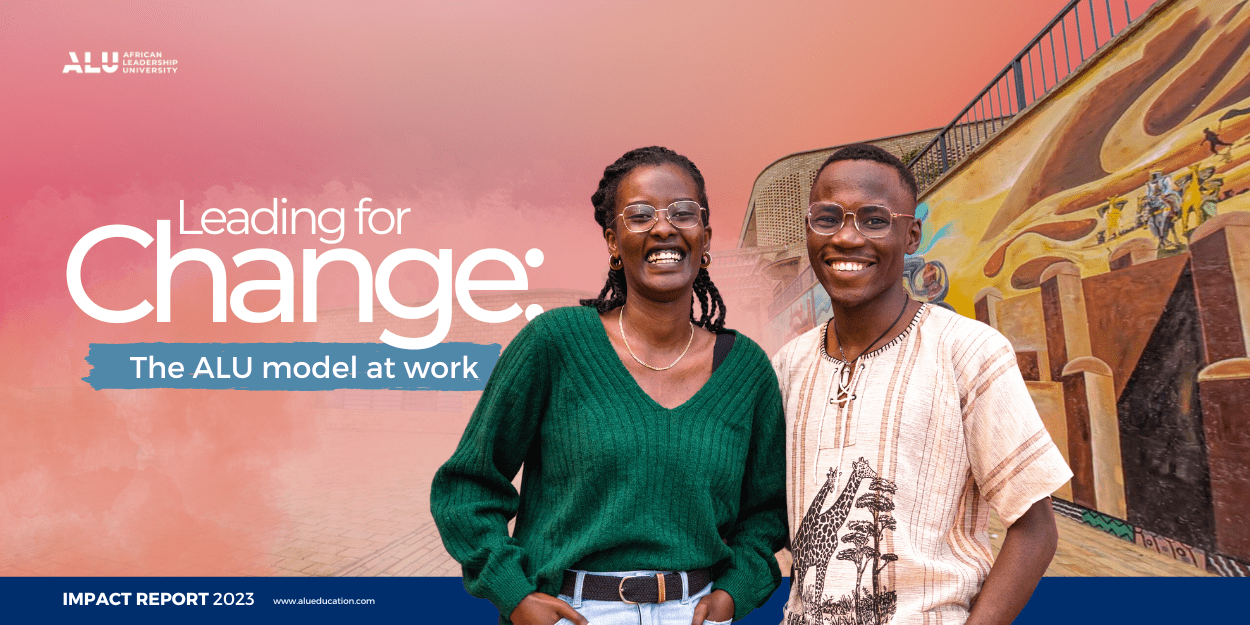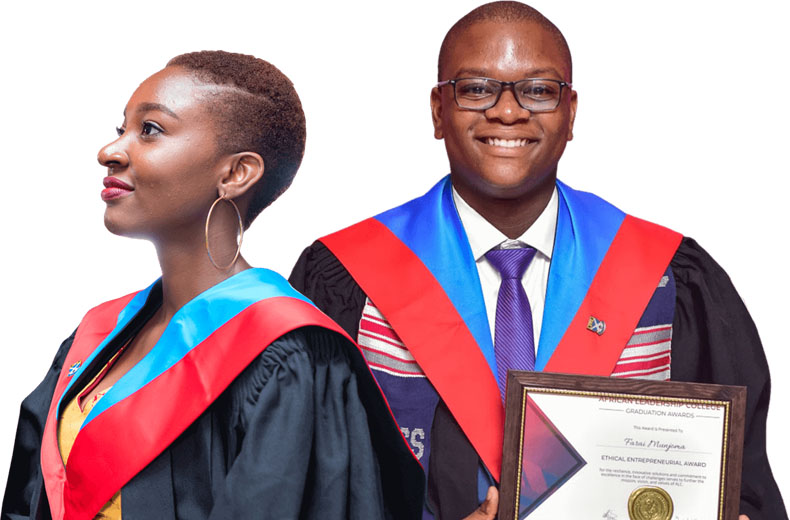[vc_row][vc_column][vc_column_text]The situation:
With a high youth unemployment rate, 45 percent of university graduates in Africa are jobless. In Nigeria, 23.1 percent of people with undergraduate degrees are unemployed. It takes a university graduate at least five years to get secure a job in Tanzania and Kenya. Six in Tunisia. The statistics are staggering.
This can mainly be attributed to the mismatch between the knowledge students gain in university and the skills that companies are looking for. The falling quality of education in universities due to schools admitting more students than they have teachers for also accounts for this. There are 50 percent more students to a lecturer in sub-Saharan Africa than the global average.
“By 2030, Africa will have a larger workforce than China, and by 2050, it will have the largest workforce in the world. One billion people will need jobs in Africa, so if we don’t grow our economies fast enough, we’re sitting on a ticking time bomb, not just for Africa but for the entire world,” ALU’s Founder, Fred Swaniker said in his 2014 talk at the TEDGlobal Conference.
A major way to correct the unemployment challenge is to figure out what is missing in higher education and ensure that universities graduate students with the skills that the job market is looking for. We asked a few of our inaugural class students to weigh in on what tertiary education in Africa currently lacks. This is what they had to say:
The missing ingredient:
“What I would say is missing in Africa’s tertiary education is innovation and learning by experience. The learning techniques that are used in most tertiary institutions don’t give satisfactory result and they’re still used, rather than being improved. Tertiary education isn’t just for the bright ones to get brighter; it’s also for the dullards to get bright and better. There needs to be a change in learning technique, so that everyone is carried along. Theories only won’t do the work; it needs to be backed up with practices and experiences” – Onyedika Ugochukwu
“I see three main gaps, among others, in tertiary level education in Africa. The first one is the absence of ethics. It is rare to see universities that express a set of values and try to develop these in their students. The universities should teach our students how to act sustainably, how to behave, in a nutshell: it should teach us how to be role model citizens.
The second is the empowerment of students. Many students feel left behind by their universities, many of them are unsure about their future. They go to the university to get a degree in a hope of getting a job. However, they realize that their degrees alone don’t enable them to get their dream job because they lack skills such as, leadership, public speaking skills, and critical thinking. The third gap is the fact that there is no conjunction between what the market needs and what the university delivers. A few programs are launched depending on the need but even then the curriculum itself isn’t designed to fit what the companies expect. The students are then obliged to face one of the world’s oldest paradoxes: to get a job they need experience, to gain experience they need a job.” – Mohamed Bouya Maalainine
“The root cause of the declining quality of high education in Africa is the rapid expansion in tertiary student enrolment in the absence of basic requirements. African universities operate with overcrowded and deteriorating physical facilities, limited and obsolete library resources as well as insufficient equipment and instructional materials. The curricula are outdated, the teaching staff is unqualified and students themselves are poorly prepared because of the absence of academic rigor in high schools. It should be stressed also that tertiary education in Africa is based on lectures: “sage on stage” approach that deals with students as passive recipients for knowledge. Thus, the learning process becomes boring and students become sluggish, lazy and unfit for responsibilities. lIn African institutions, students have limited opportunity to develop technical competencies, real-life problem solving experience or communication skills which makes them ineffective at reflecting the needs of the Job market. Our falling system is only producing very theoretical graduates. Quality is sacrificed for quantity which results in a plethora of ‘half-baked’ graduates. According to the employers, more than half African universities’ graduates lack employability skills, technical mastery and basic work-related capabilities. This is, to put it mildly, alarming.” – Olfa Fdhila
Do you agree? We would love to hear your thoughts. Sound off in the comment section! [/vc_column_text][/vc_column][/vc_row]









